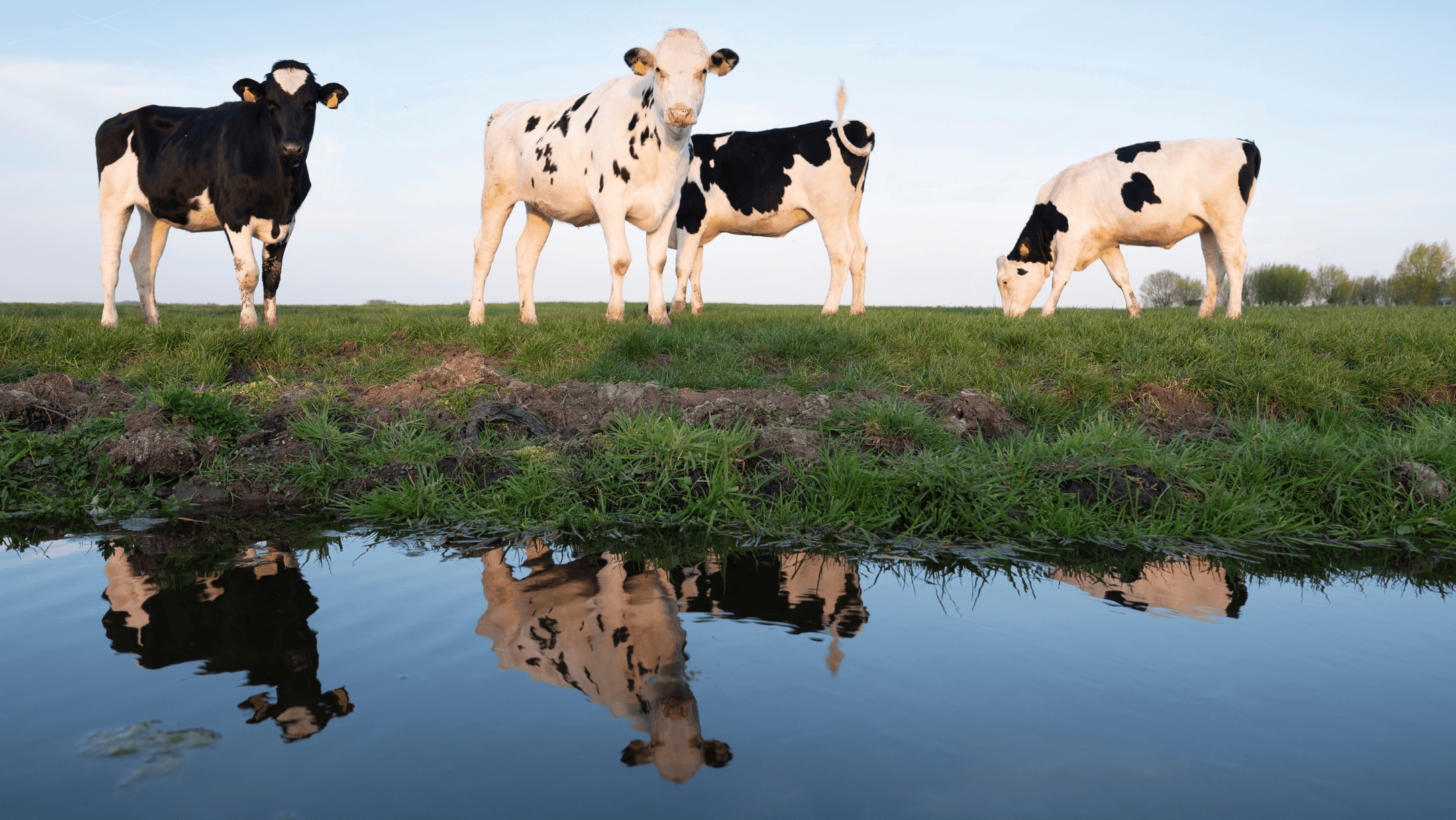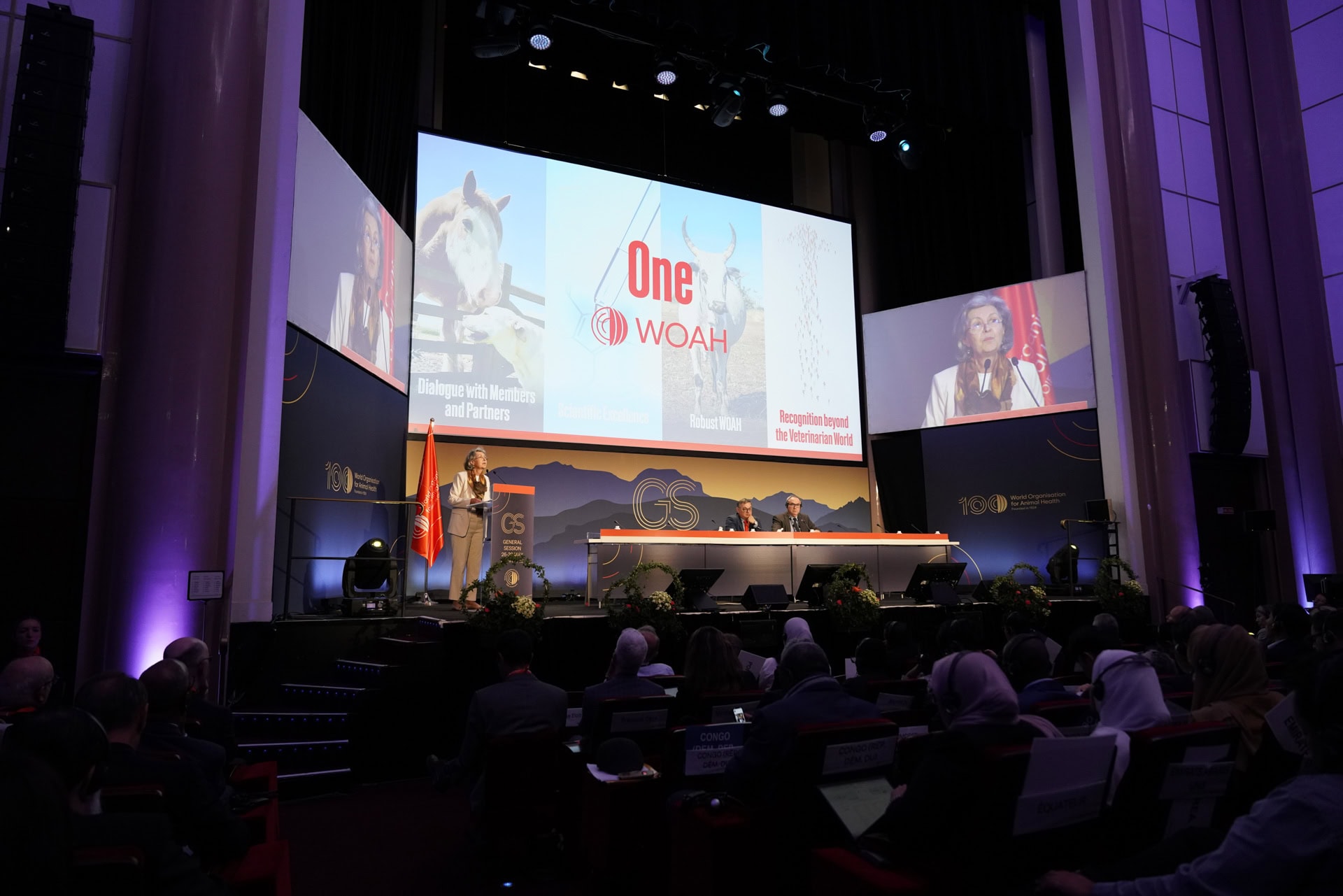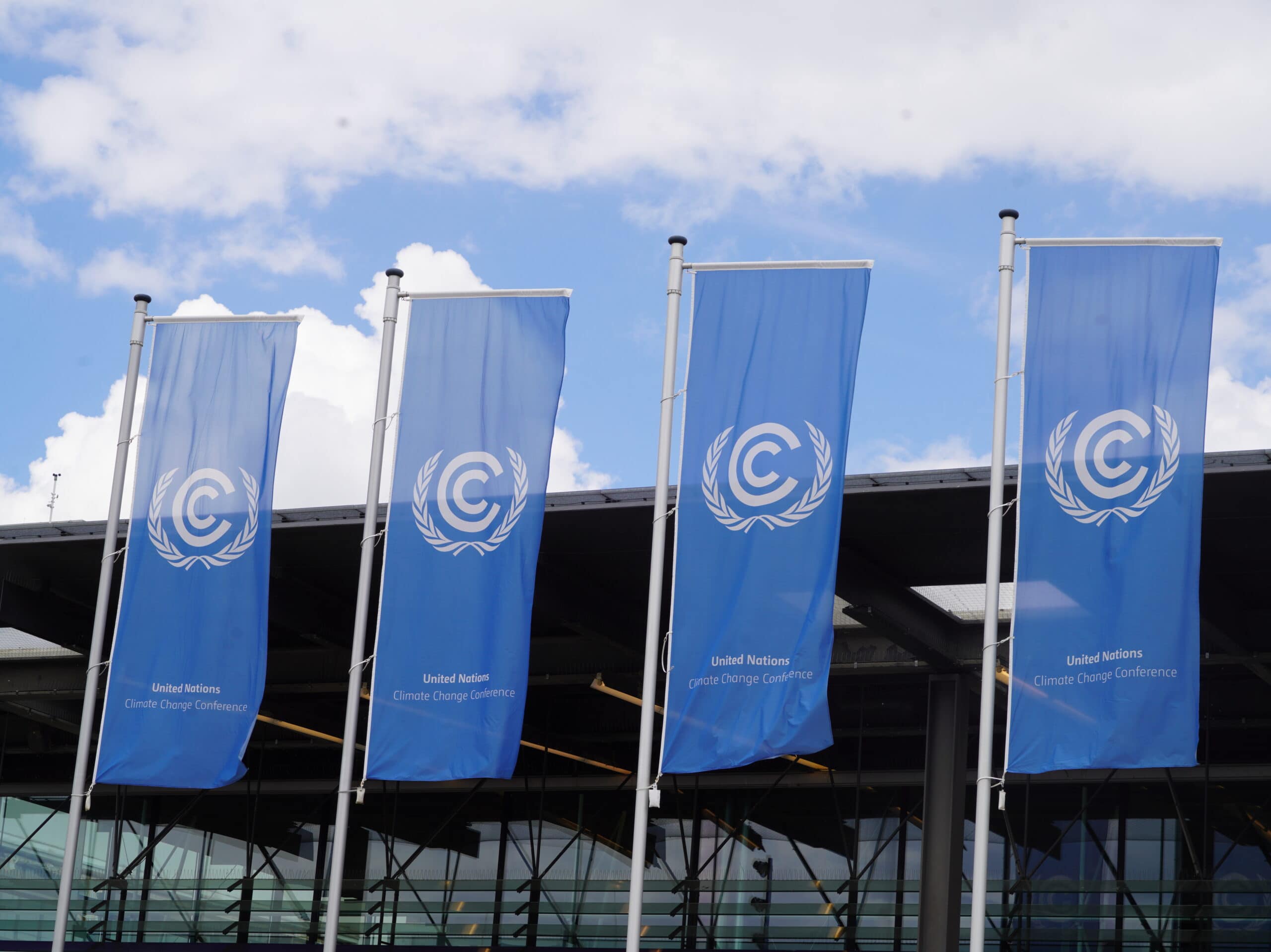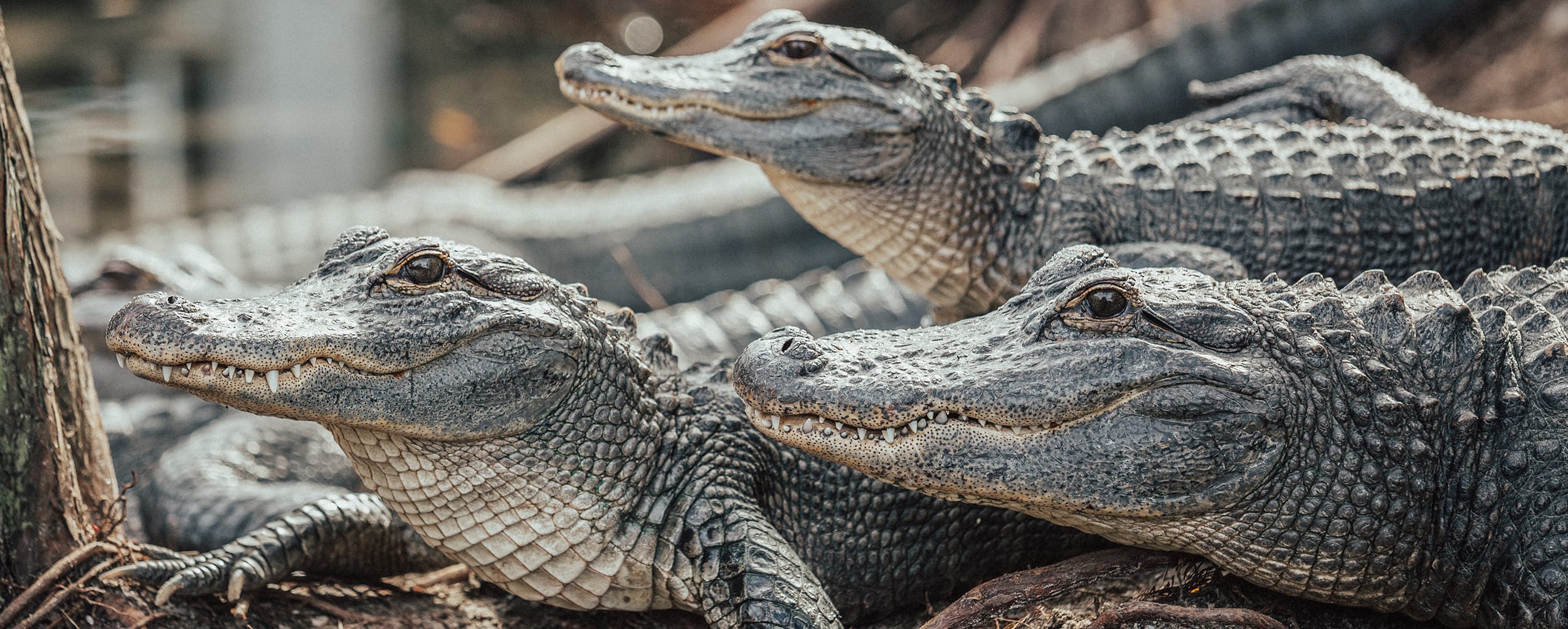After lobbying by the Animal Issues Thematic Cluster, a coalition of animal protection organisations working on the sustainable development agenda, the United Nations has included the importance of recognising links between humans, animals and the environment in the Ministerial Declaration. The declaration is the outcome document of the UN High Level Political Forum on Sustainable Development.
This decision follows controversy over the document, where references to animals had previously been excluded by China, who argued that including them in a paragraph about the impacts of the Covid-19 pandemic “prejudged the origin of the epidemic.” The paragraph in question emphasised the need for a One Health approach, which recognises the links between human, animal and environmental health.
The World Federation for Animals advocated heavily against this exclusion to the co-facilitators of the Ministerial Declaration. The WFA stressed that animals are one of the three pillars of the One Health. Spillover events – like the spread of zoonotic diseases – occur from interactions between humans and animals, not trees or rivers.
This means it is critical to include animals in any reference to One Health, to prompt effective understanding and actions to reduce the risk of future pandemics and other consequences of an exploitative human-nature relationship.
WFA also led the Animal Issues Thematic Cluster in writing letters to member states, and the points in the letters were brought up in subsequent negotiations by the EU and CANZ (Canada, Australia and New Zealand), who argued to include animals.
Following the support from the two blocs, animals were reinstated to the Ministerial Declaration. The declaration now states:
“We call for increased ambition and urgency of action to protect wildlife and other living species and to reversing the trends in environmental degradation through the restoration of ecosystems, halting biodiversity loss and deforestation, promoting sustainable forest management and combating desertification, drought and land degradation, including combating sand and dust storms, sound management of chemicals and waste, preventing and combating more effectively crimes that affect the environment, including by ending the illegal and unsustainable trade and consumption of wildlife…
We recognize that human, animal, plant and ecosystem health are interdependent, and we emphasize in that regard an integrated approach that fosters cooperation between environmental conservation and the human, animal and plant health sectors in line with the 2030 Agenda and the SDGs.”





